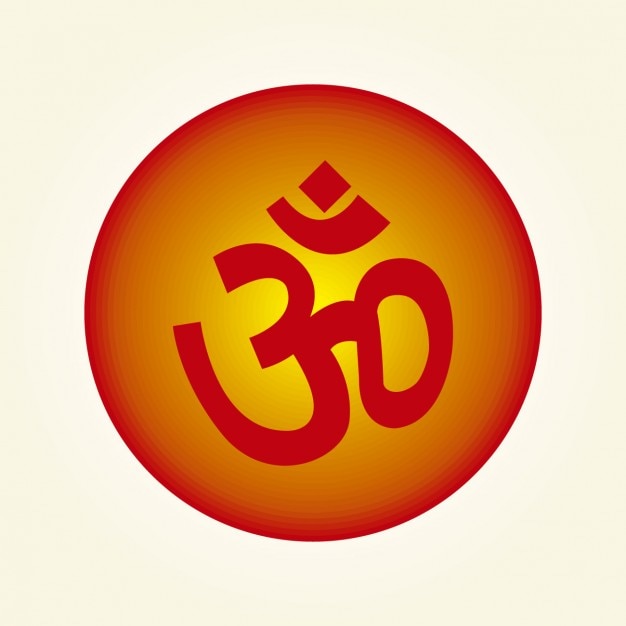Deva Primal chants the mantra of ahimsa
"may all beings everywhere be happy and free"
Ahimsa is probably the most talked-about of the yamas because it is easier to define it as a concrete concept. Ahimsa literally means "non-harming", but is better understood as non-violence. Of course, this is where a bot of abstract thinking is necessary.
Violence has many forms and faces; the biggest example of violence when it comes to practicing Yoga is violence toward the self.
We're all familiar with the term "beating yourself up". In our quest to be good, we become very critical of our own moral actions. We als may push ourselves too hard when working out because we don't want to let ourselves be "wimpy" or whatever other term we might use to say we're slacking. These are two ways we hold grudges against ourselves just as we might hold grudges against others.
If you can't forgive someone for something they've done against you, or if you can't forgive yourself for something you've done, this is an act of violence because it pushes love away.
Gia My Yoga
One of the most-popular ways yogis have sought to practice ahimsa in recent decades is to not eat meat. This idea seems simple but can be tough. Not everyone who has tried a vegetarian or vegan diet has managed to avoid health problems. To have a diet that makes you unhealthy means you are harming yourself.
We can take a simpler view of ahimsa by simply seeking to avoid being unnecessarily hurtful toward ourselves and toward others. This doesn't mean lying as opposed to truth telling, but it may mean waiting until the right time to tell someone something. We can also avoid needless expression, such as reminding someone of a mistake they are already aware that they made and that you know they are already working to correct.
Sources:
Gia My Yoga
Mind Body Green
Insight State




